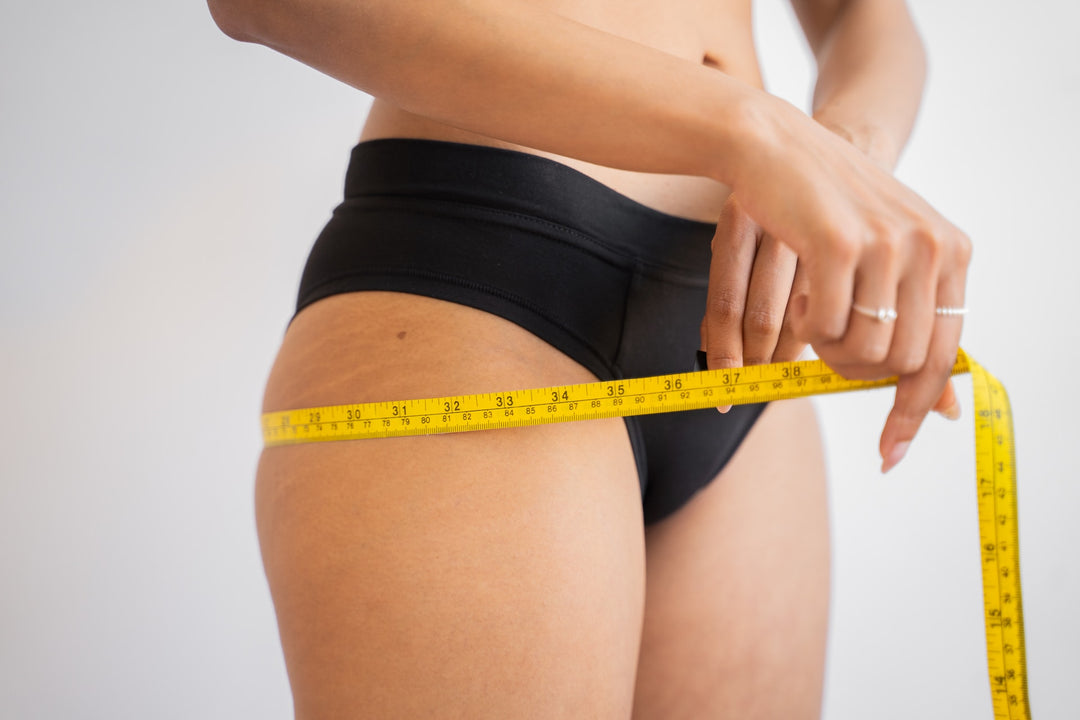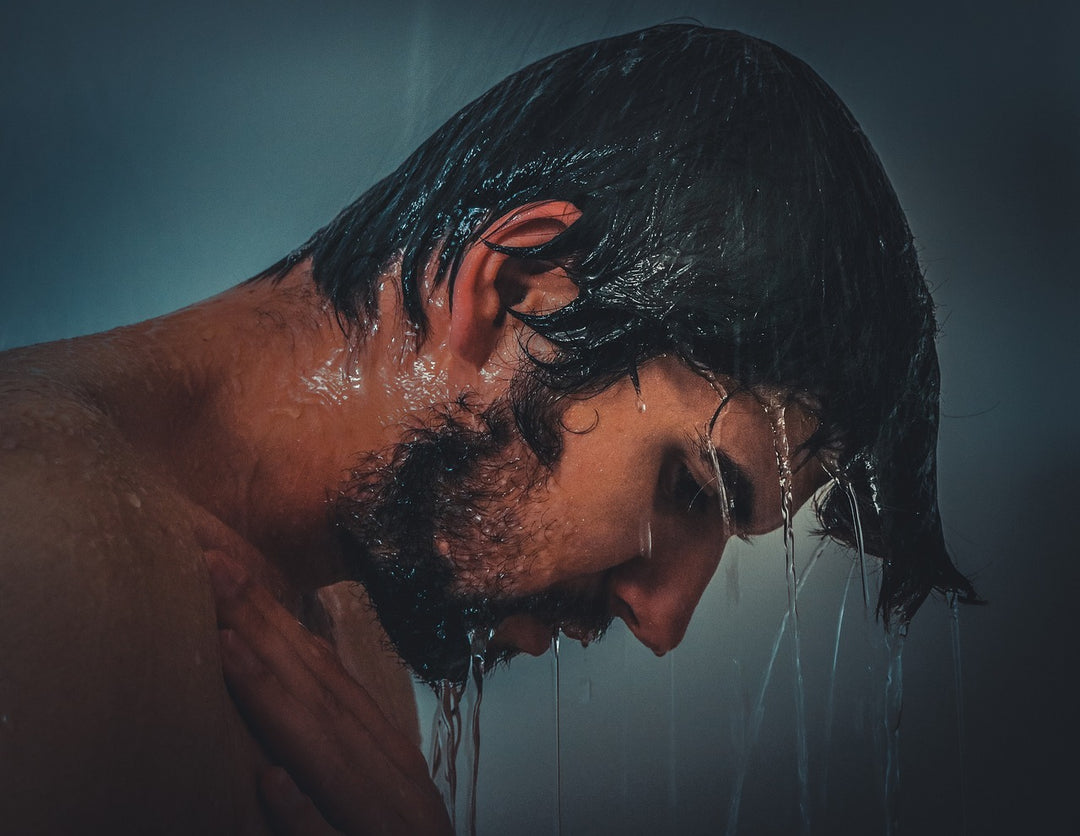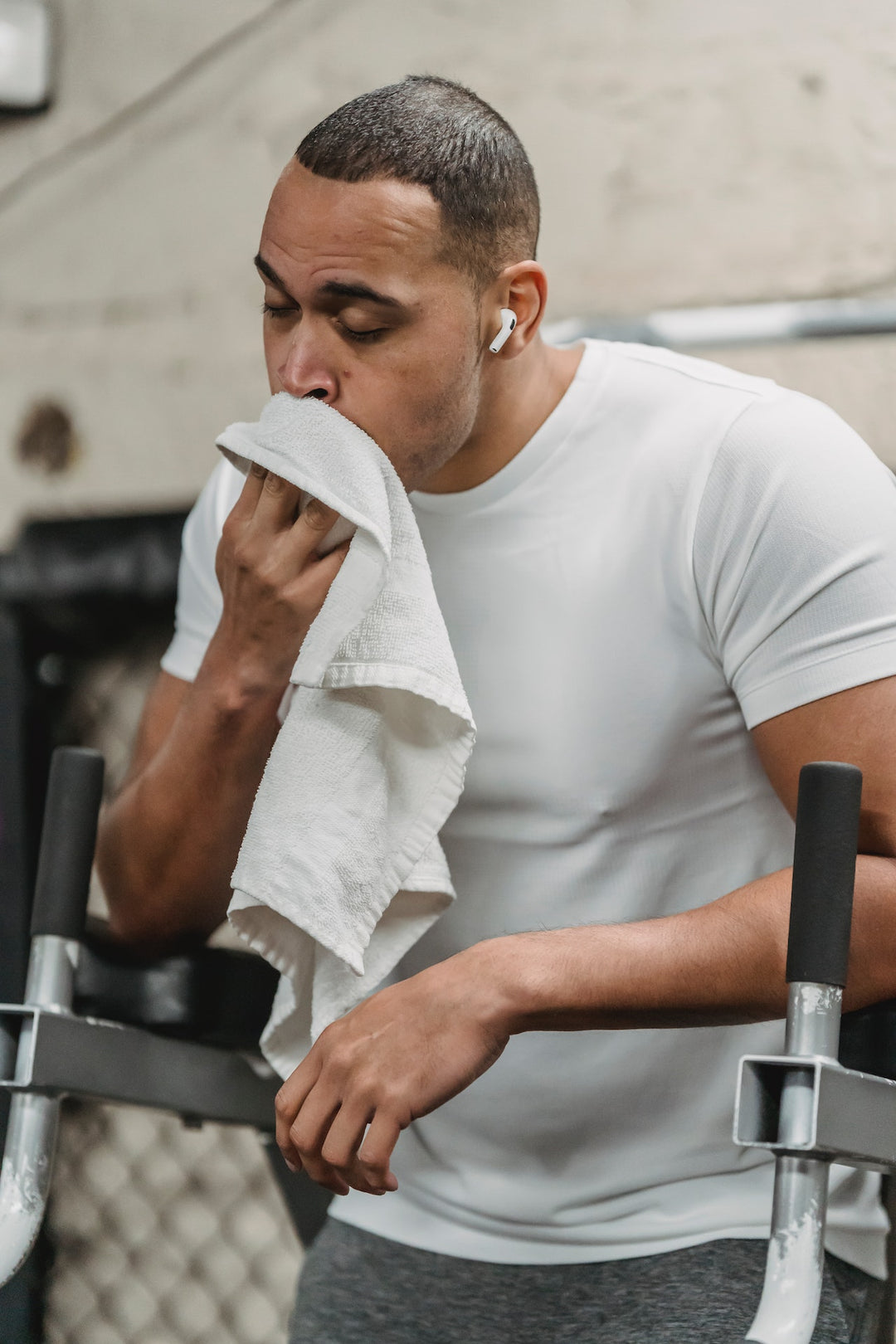The frozen baths blog

The quest to lose weight is a common challenge that affects a large number of people across the world. Among the many online resources, savoirmaigrir.fr stands out by offering a specific diet plan promising impressive results. However, there is an...
Continue reading

By now, the benefits of cold immersion are widely recognized, but many struggle to incorporate this powerful practice into their daily routine. With the weather warming in many parts of the world, you may have considered taking an ice bath...
Continue reading

The Wim Hof Method, also known as "The Iceman," is a holistic approach to health and wellness developed by Wim Hof, a Dutchman famous for his abilities to withstand extreme cold. This method is based on three fundamental pillars: breathing,...
Continue reading

Beyond their hygienic function, showers have a deeper meaning for many of us. They are synonymous with pleasure, self-care and mindfulness in the present moment. For some, it is even a sacred ritual of peace, preserved at all costs.
When it comes to water temperature, everyone has their preferences, ranging from boiling water to ice cold water. However, whatever temperature you choose, it is important to note that cold showers, even in winter, bring their share of health benefits.
The Benefits of Cold Showers
Until recently, the benefits of cold showers were often underestimated, but recent research has confirmed what many cold shower enthusiasts have long known. Here are some of these benefits, supported by studies:

In the hectic pace of our modern lives, physical recovery has become essential to maintain our health and performance. After intense efforts and rigorous workouts, our body needs time to regenerate. Fortunately, science and practice offer us powerful methods to...
Continue reading
